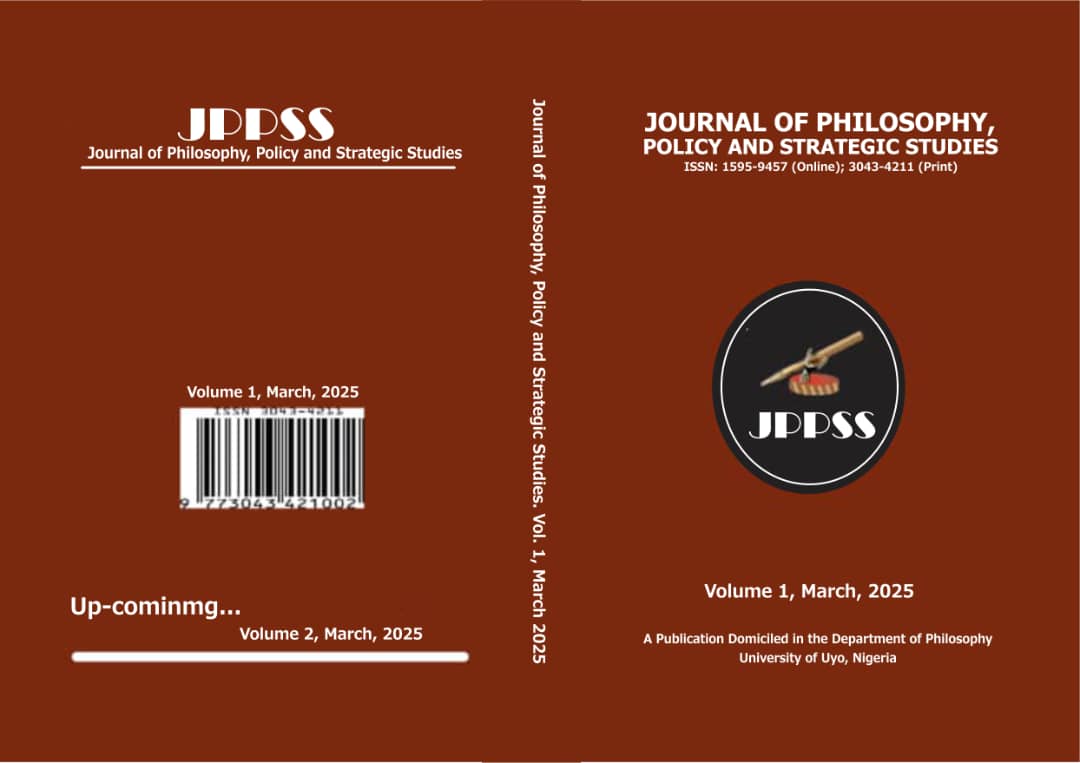PROMOTING INNOVATION FOR DEVELOPMENT THROUGH A PARTICIPATORY-BASED PEDAGOGY: THE FREIREAN MODEL RE-CONSIDERED
By
Ngwoke, Hilary Chimezie
Department of Philosophy, University of Nigeria, Nsukka
Ugwu, Anayochukwu Kingsley
Department of Philosophy, Madonna University, Nigeria
&
Anyanwu, Aloysius Uchechukwu
Department of Educational Foundations, University of Nigeria, Nsukka
Abstract
The aim of educational practices and policies should be to inculcate innovative tendencies in learners. Failure to consider this puts the practices and policies into the risk of churning out graduates who are incapacitated of contributing meaningfully to the development of the society. Paulo Freire in an attempt to resolve the above dilemma, argues that the stimulation of innovative qualities in learners is attainable through the appropriation of what he terms the ‘problem posing’ pedagogical model, which is characterized by the creation of a dialogical atmosphere, tolerance for freedom, critical thinking and radicalism, and the provocation in learners, the propensity for curiosity, self-affirmation, communication and praxis. This study examined the Freirean pedagogical approach in an attempt to ascertain the extent at which its appropriation can promote innovation in learners, and by extension, approximate to human capital development. Adopting the qualitative design and the methods of hermeneutics and textual analysis, this paper correlated education, innovation and development, and argues that innovation drives development, and that the Freirean model contains elements which when adopted, can foster innovative capacities in learners for societal transformation. It therefore recommends that parents at home should endeavor to dislodge dictatorial practices that engender mutism and timidity in their wards. Teachers should be more interactive in their teaching approach to encourage learner’s participation, while curriculum planners should inject learning exercises like debates in curriculums to foster a sense of deliberation and interaction in students; and finally, it proposes that the government and societal authorities should ensure an enabling environment for learning.


